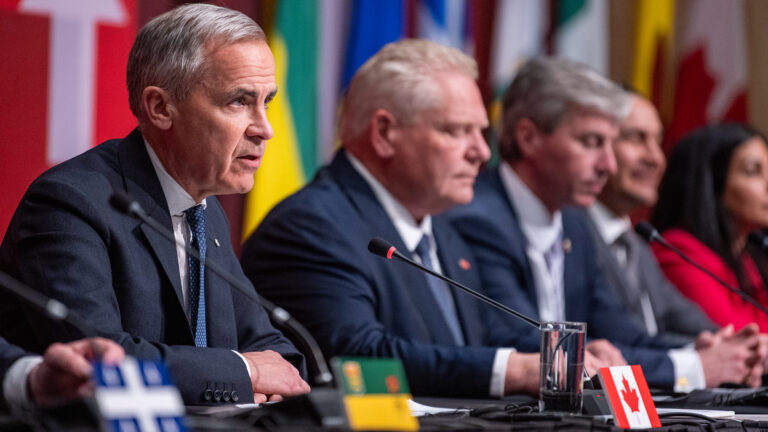Confederation of Tomorrow
The Confederation of Tomorrow is an annual survey of public opinion exploring the views of Canadians towards the future of the federation and their political communities. This survey serves as an important resource to academics, journalists, and researchers seeking public opinion data on federalism.
The 2025 study consists of a survey of 5,391 adults, conducted between May 1 and June 16, 2025 (92% of the responses were collected between May 6 and May 29); 90% of the responses were collected online. The remaining responses were collected by telephone (both landline and cell phone) from respondents living in the North or on First Nations reserves, or from francophone respondents in New Brunswick.
This page will be updated as reports are published. You can find 2025 Confederation of Tomorrow results below:
Report 1 – Attachment and Identity
Report 2 – Working together in the Canadian federation
For those interested in using the data in their own research, data is available upon request, please contact us at centre@irpp.org.
The Confederation of Tomorrow surveys are conducted by an association of the country’s leading public policy and socio-economic research organizations: the Environics Institute for Survey Research, the Centre of Excellence on the Canadian Federation, the Canada West Foundation, the Centre D’Analyse Politique – Constitution et Fédéralisme, the Brian Mulroney Institute of Government and the First Nations Financial Management Board.







